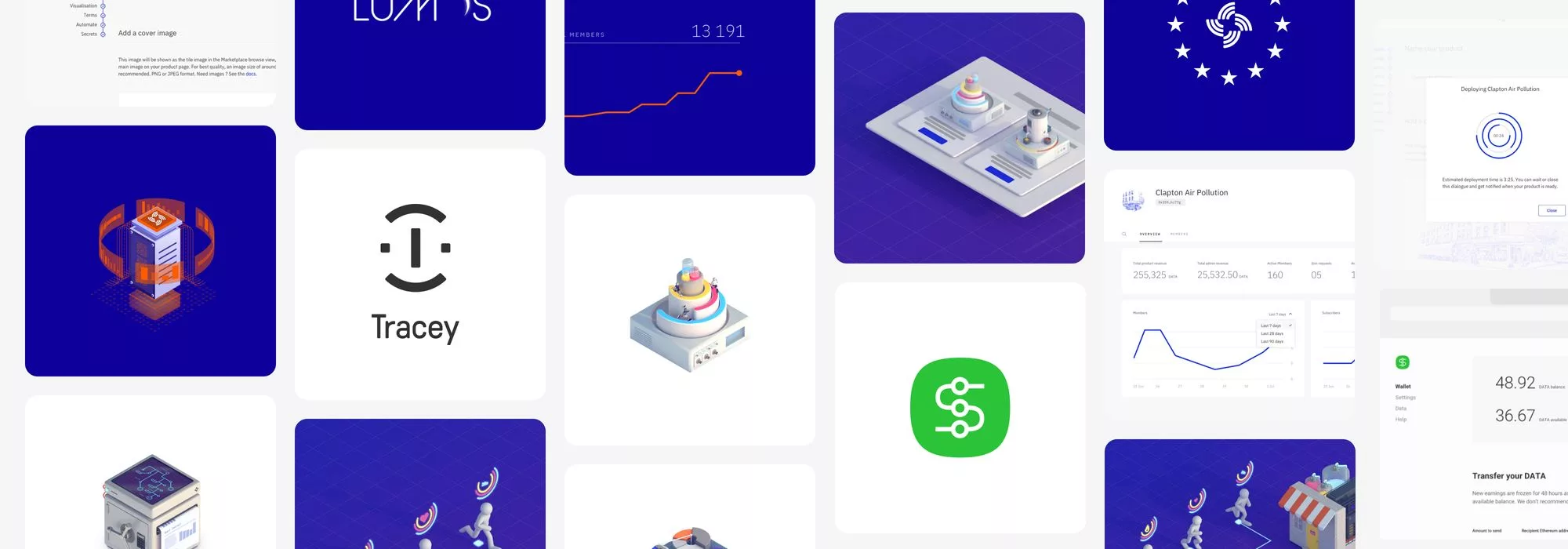Or why I’m working with Streamr to get Data Unions into enterprise
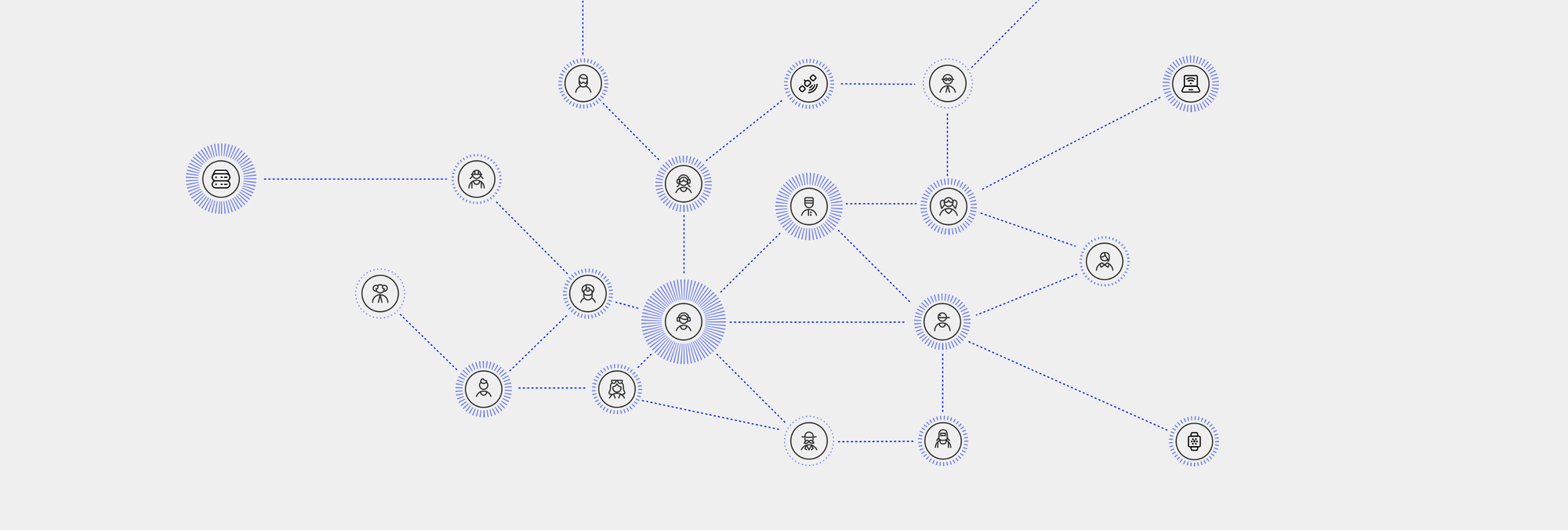
First we shared files and information on sites like Napster. Then we hesitantly started to share information about our work lives. LinkedIn seemed like a crazy idea. We didn’t know if we could share who we are online without endangering ourselves. But then it become invaluable.
Social media quickly become another new normal. Everyone became a reporter, a brand, and witness to each other’s public lives through microblogging on Twitter and Instagram. We realised we can create and connect more if we share more.
Eventually, people started sharing physical stuff, their time, and even their skills with strangers. Networked reputation helped us quantum leap into sharing spare bedrooms and seats in our cars with those we’d otherwise have zero connection to.
Now, there’s a new consciousness around sharing.
To me, this begs the question of what sharing now means and how far we can continue to go. Can we quantum leap again in sharing value with one another? What might it mean to be ever more generative with our neighbours, our friends, our colleagues, and our collaborators? And in business, is the next step to share value with digital users, customers, and employees?
The intersection of technology, timing, and our newly formed digitally inspired consciousness lead me to believe that this economy around value sharing is an inevitability. This is why I’m working with the open source project Streamr.
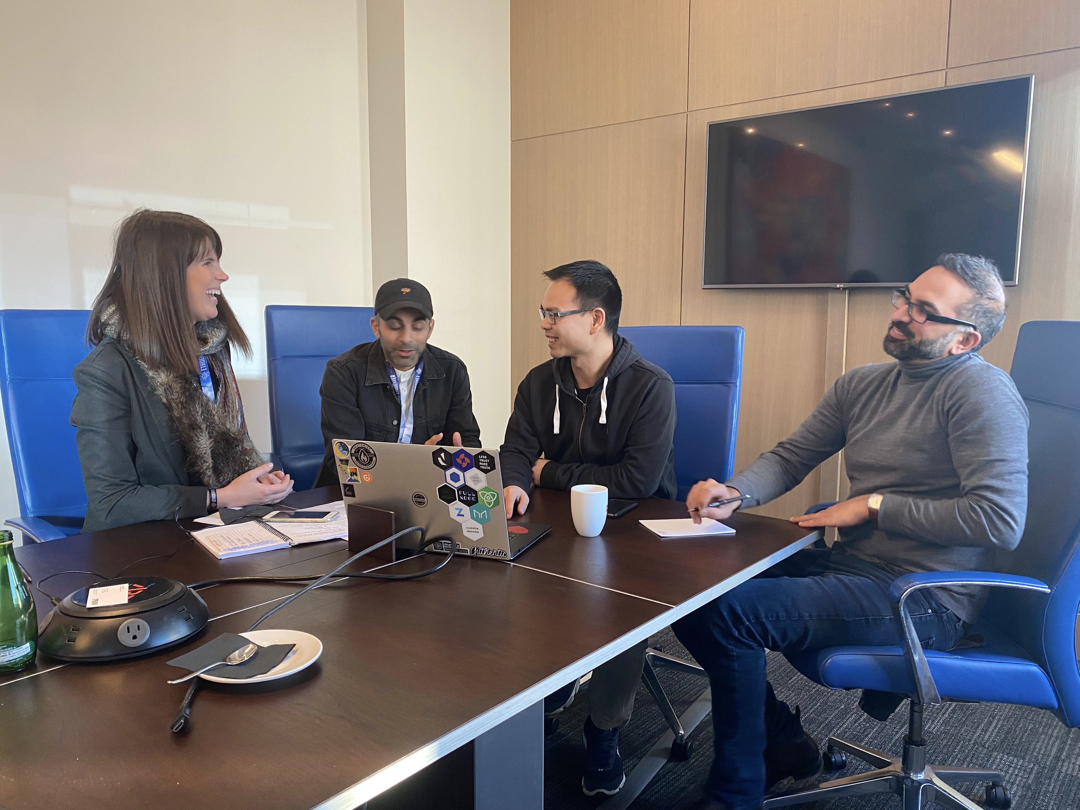
Streamr is a real-time ecosystem formulated around the value of our digital lives. Who owns the footprints we leave behind online? How and where might this value be used, exchanged, and compensated?
Data might not seem like an immediately interesting commodity to an individual, but it’s just as potent as the words we use to speak, the places we love, or the people we connect to. In fact, data is all of these things. Data is the summation of our inner world.
We wouldn’t give away our physical DNA in exchange for bread, so why are we so quick to give away our digital doubles for tools that are worth a couple dollars a month? Mostly this is because our digital lives feel more invisible and amorphous than things we can see and touch and interact with.
But this is changing because we are changing. And public policy is reflecting that. For example, GDPR (specifically article 20) states that:
The data subject shall have the right to receive the personal data concerning him or her, which he or she has provided to a controller…and have the right to transmit those data to another controller without hindrance.
This means that in the EU — platforms must allow users to move their data wherever they’d like, without restriction.
And since GDPR is informing international data policy, ideas and standards like these are spreading internationally.
Streamr is like a firehose for real-time data, which can be translated into value for the very people who create it. This means that an individual can now extract their data from any platform, in real-time, and translate that value into exchangeable currency (in this case, the DATA token).
You can think of Streamr as the ultimate data union on the side of users or as well as a partner technology for any company that utilises the value of data their customers produce. For example, a platform like Spotify could incentivise their users with greater access, more features, or a discount on their monthly bill in exchange for using that users data.
And just like we became aware of the value of sharing files, information, physical objects, and ourselves, we will become aware of the value of our data. As a society and as individuals, we’re starting to understand our rights and the necessity of personal agency around the digital trails we leave behind.
Finding, retrieving, and reclaiming the value of our data is just the beginning. We’re on our way to sharing value across the board in micro-transactions, which reflects a sea change toward integrating sharing into the fabric of our economic systems.
This change will not go unnoticed by any industry. So best to stay ahead of the curve.
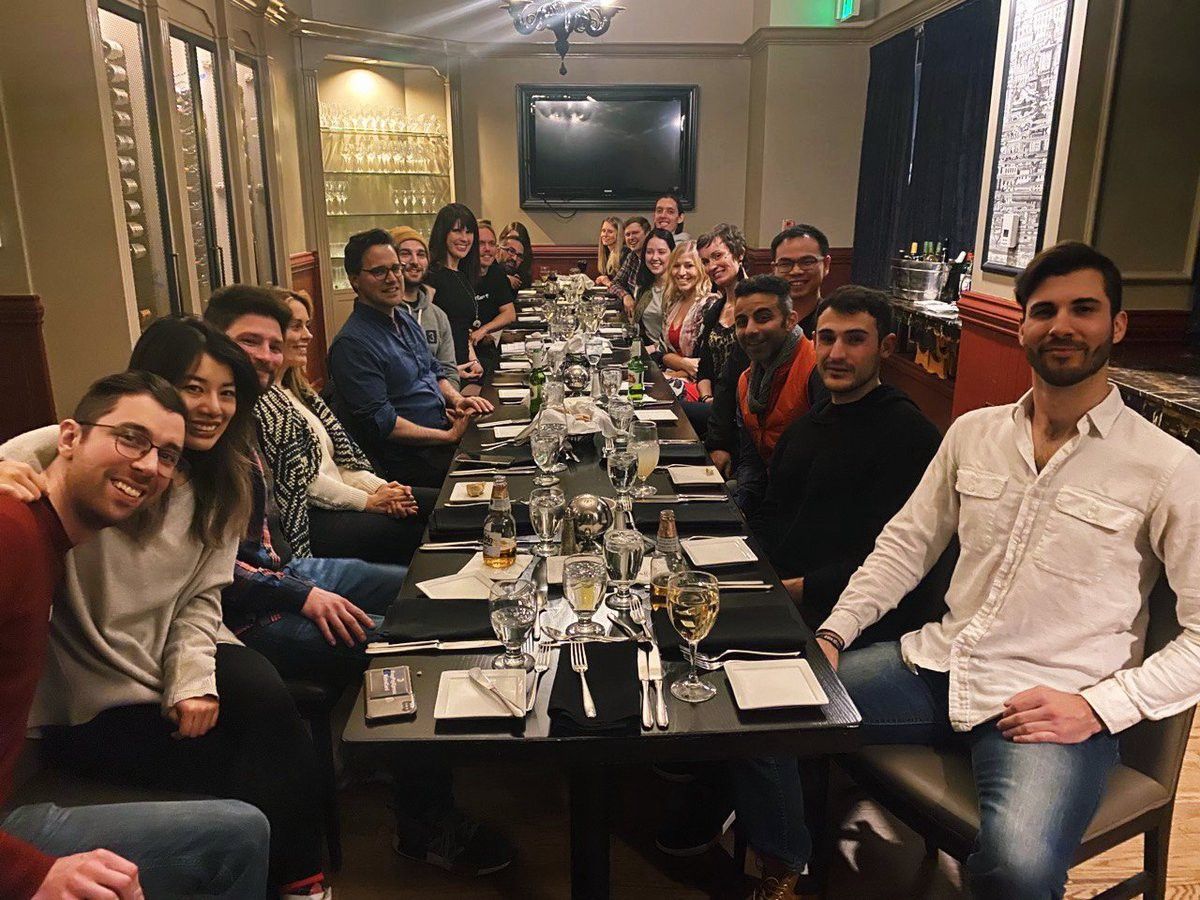
So far, we’ve talked to most major streaming platforms in the world, including their executive teams to learn about their data policy, monetization plans, and incentives, as well as their goals — seeing how we can align their goals with the technology that Streamr provides.
We’ve done everything from hosting a ‘Future of Data’ dinner at ETH Denver to doing on site workshops and scoping exercises for goals, incentives, and target groups to test a pilot on. The response has been overwhelmingly positive. And we’re in final talks with a few platforms.
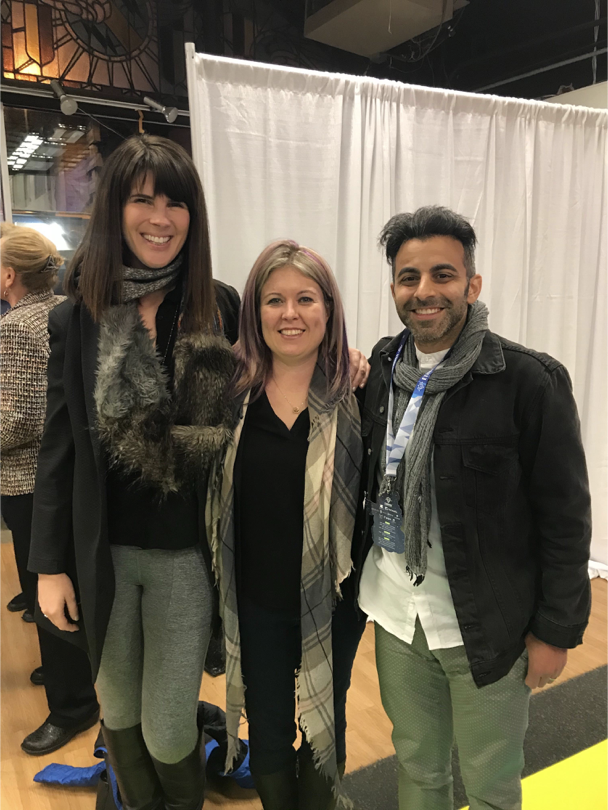
I wholeheartedly believe data is going to be the first wave of sharing applied to digital platforms.
Streamr is a way to shape and organise collectively around shared incentives through the value of data. This has the potential to shift, change, and disrupt the value chain to be more distributed.
If we can share data, giving individuals agency on what’s shared with whom, when, and for what purpose — including an attached incentive for doing so, we’re that much closer to sharing other forms of value including ownership of those very platforms with their users in the near future.
If you’d like more information on Streamr or Data Unions, please reach out to me at chelsea@instigationprotocol.com. I’d love to tell you more.







